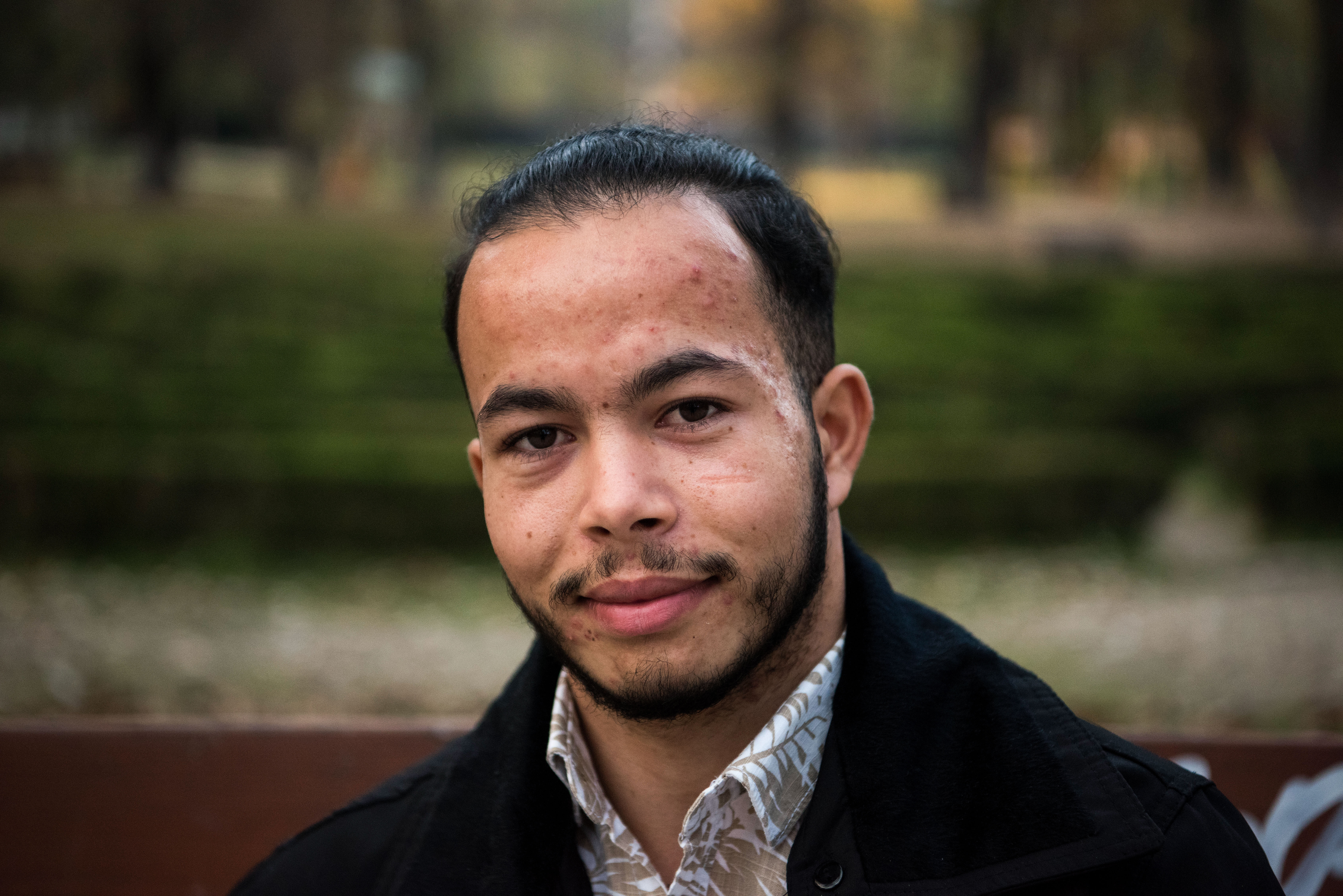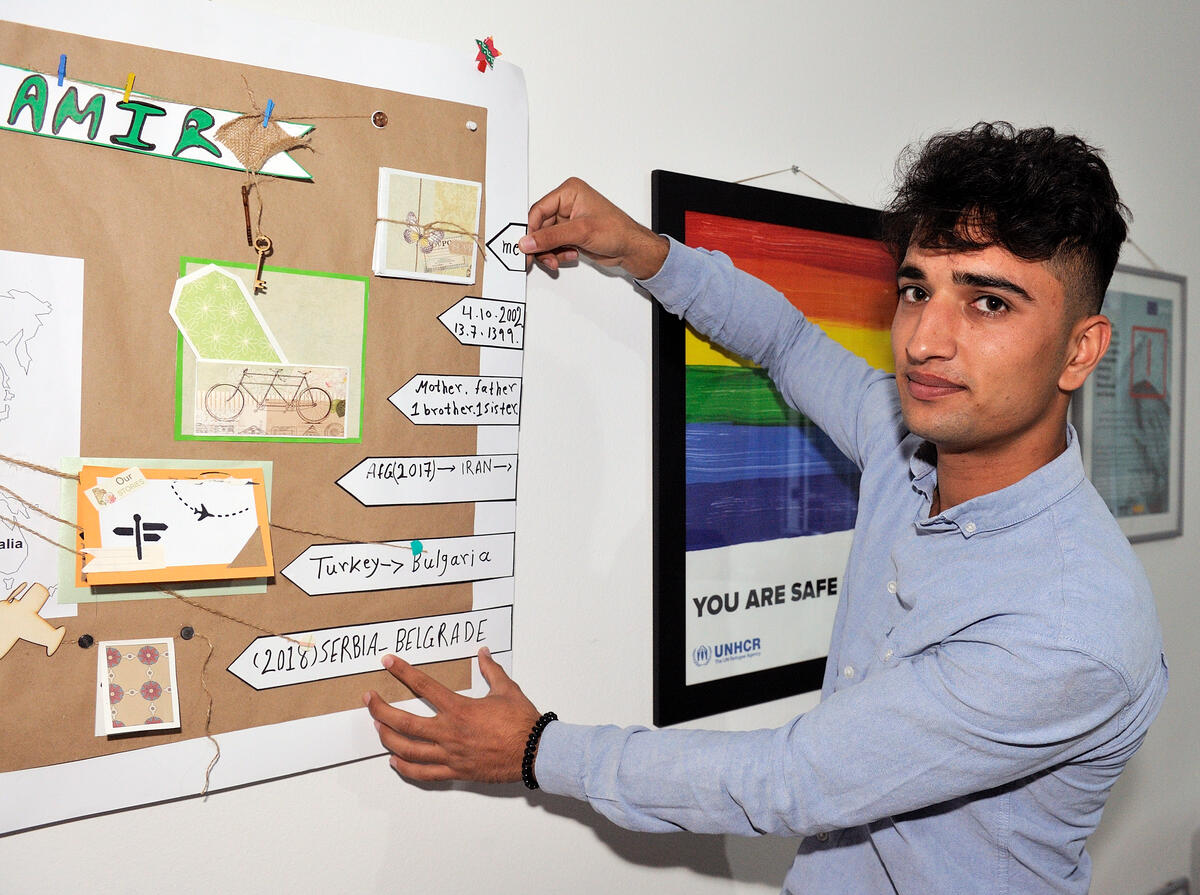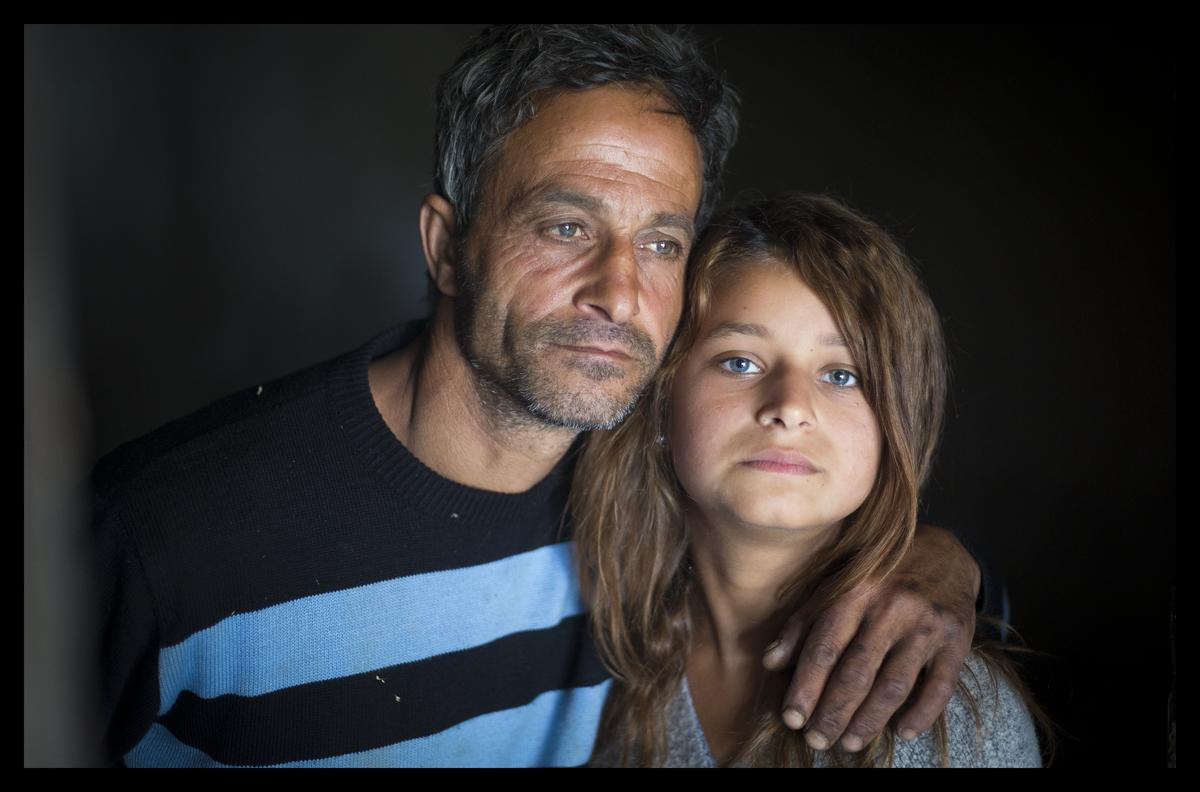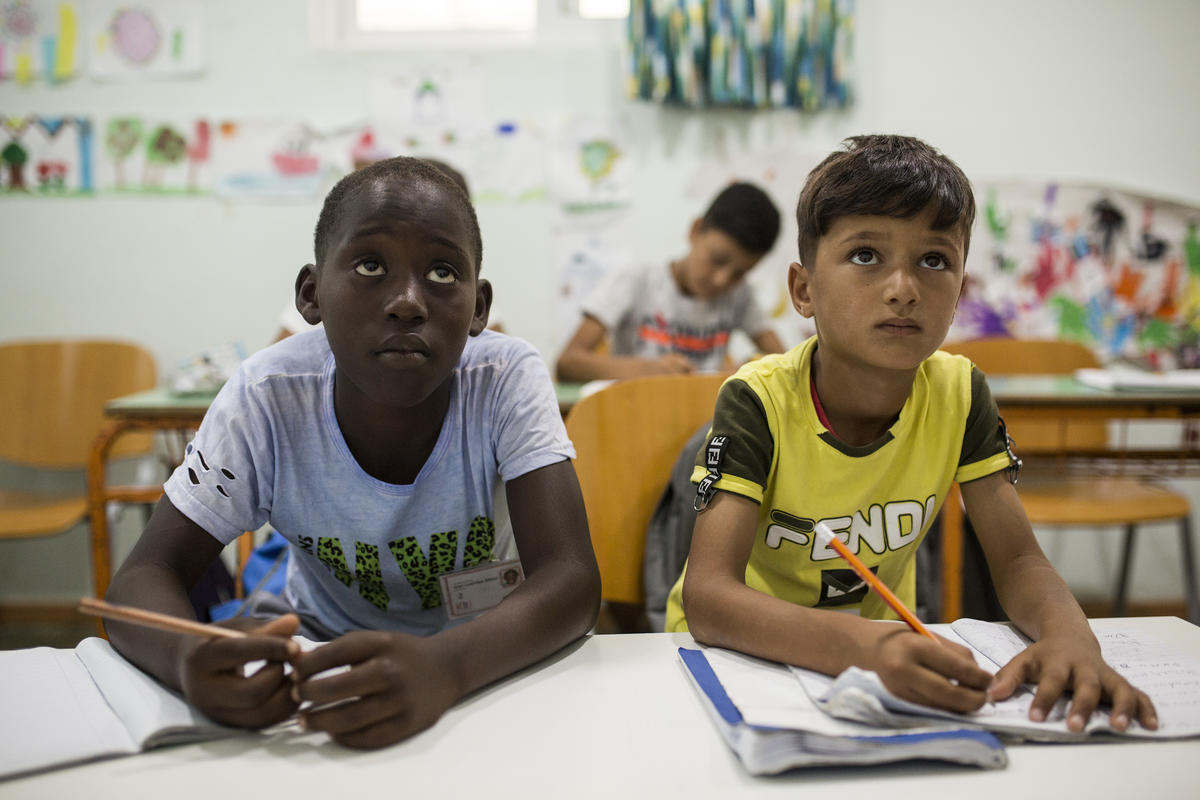Kosovo Crisis Update
Kosovo Crisis Update
Albania
Refugees continued to enter Albania via the Morini border post on Wednesday. By evening, 3,300 refugees had arrived, coming from a variety of areas in Kosovo. They arrived on tractors and wagons, in private cars and on foot. Several men reported they had been beaten, including one man who suffered several broken ribs. In a final indignity, many of the cars had had their windows broken and side panels smashed.
Late Wednesday afternoon, hundreds of civilians arrived from the municipality of Djakovica and several of them confirmed the testimony given by new arrivals on Tuesday about the killing of an undetermined number of males in Meja, near Djakovica. The refugees said they had been forced from Meja at around noon on Wednesday and some said they had seen bodies in a ditch alongside the road as they left. Several reported that some of the bodies had been burned. None of these reports can be confirmed independently. Other refugees confirmed earlier reports that there had also been killings in the nearby village of Oriza. They said they had seen between 15 and 20 bodies in a school in the town.
Other groups of people came from Ade, near Pristina. They were ordered to leave the area early Wednesday and said it was now virtually deserted. Still other groups came from Prizren.
FYR of Macedonia
Around 5,200 refugees crossed into the FYR of Macedonia on Wednesday. Those who had arrived on Tuesday were squeezed into tents quickly erected at the Blace transit site. Tents normally holding 50 people were being filled with 60 to 70 refugees. In the Stenkovec camps, UNHCR and NGOs are vacating office space to make room for more refugees.
A 12-year-old refugee girl and an elderly couple were reportedly killed and an undetermined number of others seriously injured by a landmine on the Kosovo side of the border while they were trying to enter the FYR of Macedonia through a mountain pass. Refugees reported that around 60 refugees were trying to cross when the incident happened. Four injured persons were taken to the Skopje hospital. Refugees said the rest of the group was taken to a Macedonian military camp. UNHCR is seeking access to them.
After lengthy negotiations, the Minister of Urban Planning finally gave the green light on Wednesday for the transfer of 5,000 refugees to the new refugee camp site at Cegrane. UNHCR, NGOs and the German contingent of NATO are working round the clock to ready the site. As new arrivals continued throughout the night, some had to be moved to Cegrane although preparations were not completed. Government officials also indicated that two additional sites were under consideration.
A meeting of all agencies working on community services highlighted the urgent need to develop programmes for teenagers in the camps. Most programmes currently target youngsters under 14 years of age, but the older youth are also in need of an outlet for their energies and a chance to come to grips with their experiences. Oxfam has set up two "coffee shop" tents in Stenkovec, one for men and one for women, which have become popular social venues in a camp with little space for community gatherings.
The Ministry of Interior in Skopje has released updated figures of refugees registered as staying in host families or privately. The number living outside of camps in the FYR of Macedonia is now put at 90,160, while the number of persons in camps as of Wednesday night was more than 64,000, increasing the total refugee population in the FYR of Macedonia to over 154,000.
Republic of Montenegro
Only 35 Kosovars crossed into Montenegro on 27 and 28 April, while others continue to leave for Albania. Around 500 departed via the Hani i Hotit crossing on Wednesday.
In Rozaje, the Muslim community has asked the displaced people who have been staying in the central mosque to vacate the building, so that it can return to its normal functions. The Muslim community has offered alternative accommodation in the city and surrounding villages. A Swiss Disaster Relief team has offered to clean the mosque and repair any damage.
ICRC distributed hygiene parcels to all factories in Rozaje still housing displaced people, while UNICEF has delivered a large quantity of children's and women's emergency supplies to the Montenegro Red Cross, including baby blankets, diapers, children's clothing and footwear, and sanitary articles for women.
UNHCR-IOM Humanitarian Evacuation Programme
On Wednesday 28 April, 1,593 refugees were evacuated to the Czech Republic, Finland, France, the Netherlands, Norway, Sweden and Turkey. This is the largest daily departure figure to date, but still falls well short of UNHCR's immediate target of 2,000 departures a day, seven days a week.
Flights to Austria, Belgium, Denmark, France, the Netherlands, Norway, Spain, Turkey and the United Kingdom are scheduled for today.








